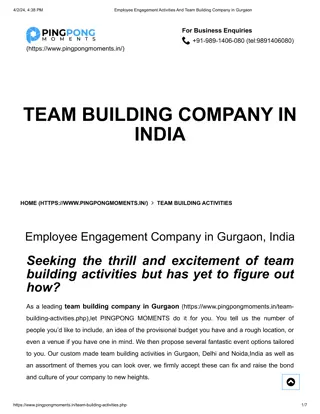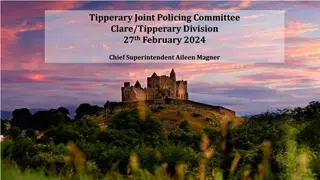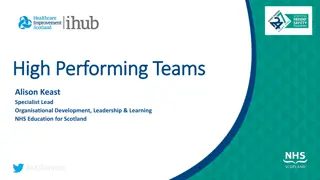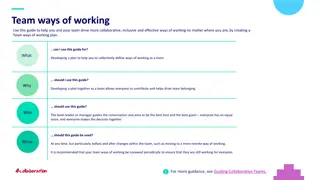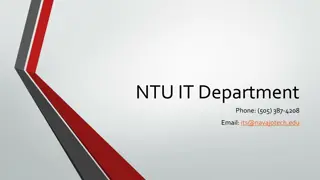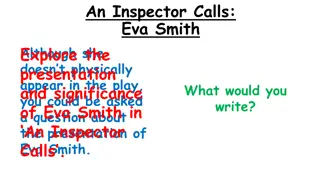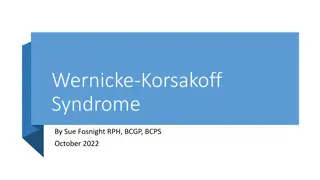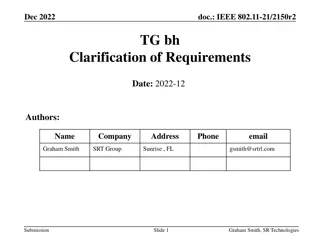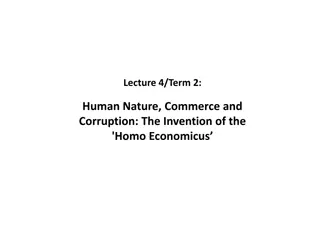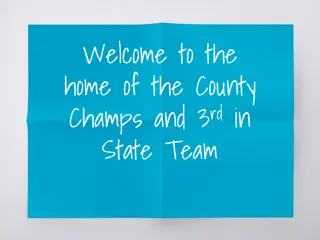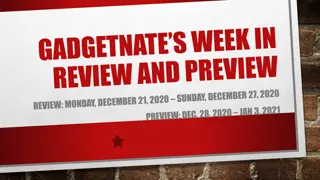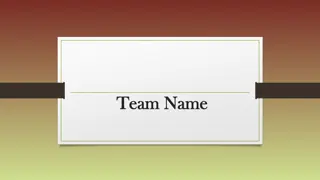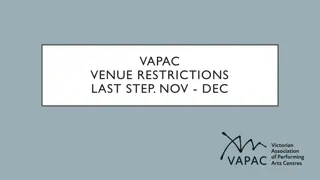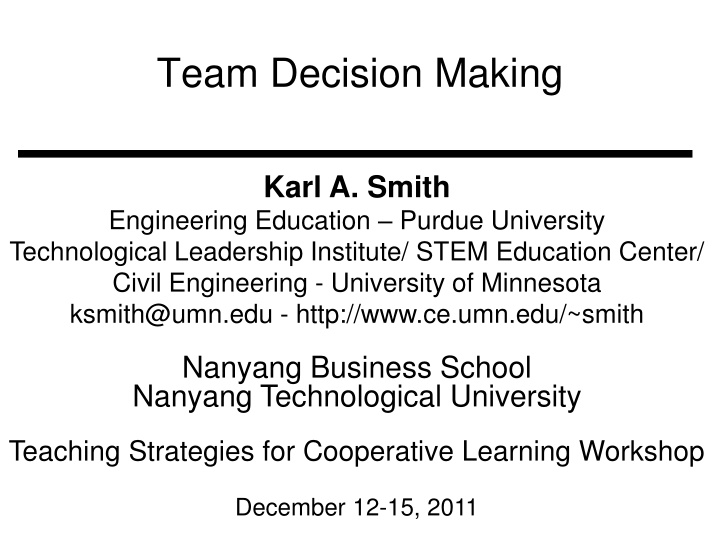
Effective Team Decision Making Strategies and Roles
Discover the importance of team decision-making skills, communication, conflict management, and leadership. Learn about decision-making approaches and ranking tasks. Explore team member roles and post-decision questionnaires. Enhance your team decision-making processes through collaboration and understanding.
Download Presentation

Please find below an Image/Link to download the presentation.
The content on the website is provided AS IS for your information and personal use only. It may not be sold, licensed, or shared on other websites without obtaining consent from the author. If you encounter any issues during the download, it is possible that the publisher has removed the file from their server.
You are allowed to download the files provided on this website for personal or commercial use, subject to the condition that they are used lawfully. All files are the property of their respective owners.
The content on the website is provided AS IS for your information and personal use only. It may not be sold, licensed, or shared on other websites without obtaining consent from the author.
E N D
Presentation Transcript
Team Decision Making Karl A. Smith Engineering Education Purdue University Technological Leadership Institute/ STEM Education Center/ Civil Engineering - University of Minnesota ksmith@umn.edu - http://www.ce.umn.edu/~smith Nanyang Business School Nanyang Technological University Teaching Strategies for Cooperative Learning Workshop December 12-15, 2011
Teamwork Skills Communication Listening and Persuading Decision Making Conflict Management Leadership Trust and Loyalty
Decision-Making Approaches Deterministic Stochastic Objective Multiple MAUT Ranking AHP SMART B/C LP Optimization Single Decision Tree (EV) Simulation
Team Decision Making Ranking Tasks Typically survival tasks First was Moon Survival, Lost on the moon developed by Jay Hall for NASA in 1967 Many survival tasks available desert survival, lost at sea, winter survival, Individual followed by team ranking Different decision-making conditions in each team
Team Member Roles Observer/ Process Recorder (non participant role) Facilitator/Time Keeper Task Recorder Skeptic/Prober 5
Name 1 Name 2 Name 3 Name 4 Total Action Contributes Ideas Describes Feelings Encourages Participation Summarizes, Integrates Checks for Understanding Relates New To Old Learning Gives Direction To Work Total 6
Postdecision Questionaire 1. How understood and listened to did you feel in your group? Not at all 1 2 3 4 5 6 7 8 9 Completely 2. How much influence do you feel you had in your group s decision making? None 1 2 3 4 5 6 7 8 9 A great deal 3. How committed do you feel to the decision your group made? None 1 2 3 4 5 6 7 8 9 A great deal 4. How much responsibility do you feel for making the decision work? None 1 2 3 4 5 6 7 8 9 A great deal 5. How satisfied do you feel with the amount and quality of your participation in your group s decision making Dissatisfied 1 2 3 4 5 6 7 8 9 Satisfied 6. Write one adjective that describes the atmosphere in your group during the decision making
Team Decision-Making Process How Individual Mathematical Consensus Iterative H, M, L Both ends toward the middle Assumptions/Biases Family/Friends News Youth Geographic location
Methods of Decision Making (Johnson & Johnson, 1991) 1. Decision by authority without discussion 2. Expert member 3. Average of member s opinions 4. Decision by authority after discussion 5. Majority control 6. Minority control 7. Consensus See Table Summarizing Characteristics Smith (2007), p. 46
Johnson, D.W. & Johnson, F.P. 1991. Joining together: Group theory and group skills. Prentice-Hall
Choice of Decision-Making Method Depends On: 1. The type of decision to be made. 2. The amount of time and resources available. 3. The history of the group. 4. The nature of the task being worked on 5. The kind of climate the groups wishes to establish 6. The type of setting in which the group is working Johnson & Johnson, 1991
Characteristics of Effective Decisions: 1. The resources of the group members are well used. 2. Time is well used. 3. The decision is correct, or of high quality. 4. The decision is put into effect fully by all the necessary members' commitment. 5. The problem-solving ability of the group is enhanced. Johnson & Johnson, 1991

